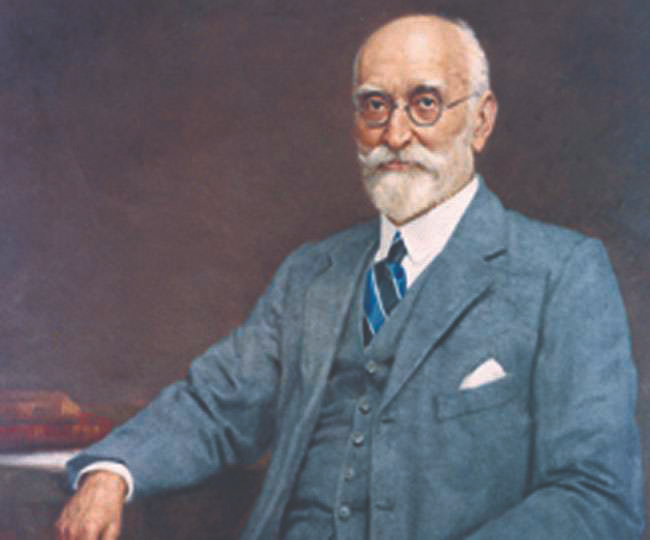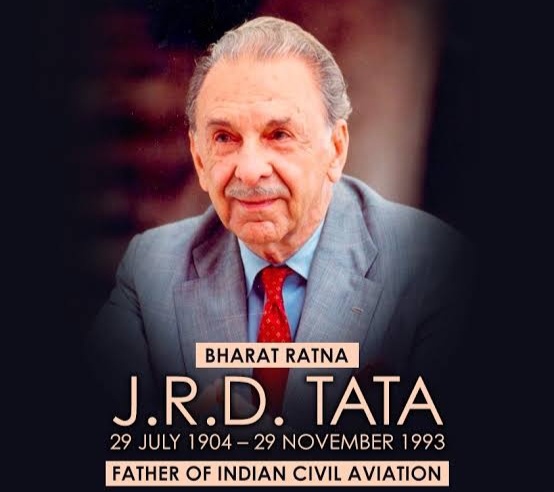Introduction
The Tata Group, founded in 1868, has grown into India's largest conglomerate, with operations in over 100 countries and a diverse portfolio spanning various sectors. Its history is marked by visionary leadership and a commitment to social responsibility.
Early Years: Foundation and Growth (1868-1904)
• Jamsetji Tata, the founder, established the group in 1868 with a trading company. His vision included setting up an iron and steel company, a unique hotel, a world-class educational institution, and a hydroelectric plant.
• In 1870, he founded Empress Mills in Nagpur, which became a significant player in the textile industry.
• The Taj Mahal Hotel opened in 1903, becoming the first hotel with electricity in British India.
Expansion under Dorabji Tata (1904-1938)
• After Jamsetji's death, his son Dorabji Tata took over as chairman in 1904. He established the Tata Iron and Steel Company (TISCO) in 1907, marking the group's entry into heavy industry.
• The first overseas office was opened in London, and the Indian Institute of Science was founded in 1911, fulfilling Jamsetji's dream for educational excellence.
Leadership of J.R.D. Tata (1938-1991)
• J.R.D. Tata became chairman in 1938. Under his leadership, the group expanded significantly, growing from 14 enterprises to 95 by the time he stepped down in 1988.
• He founded Tata Airlines (later Air India) and diversified into sectors like chemicals, technology, and software services. Notable companies established during this period include Tata Motors (founded in 1945) and Tata Consultancy Services (founded in 1968).
Global Expansion under Ratan Tata (1991-2012)
• In 1991, Ratan Tata succeeded J.R.D. Tata as chairman during a pivotal moment when India was liberalizing its economy. He initiated significant restructuring within the group.
• Under Ratan's leadership, Tata Group made landmark acquisitions:
• Acquired Tetley Tea in 2000.
• Purchased Corus Steel in 2007.
• Acquired Jaguar Land Rover in 2008.
• Ratan Tata also oversaw the launch of innovative products like the Tata Indica, India's first indigenously designed passenger car, and the Tata Nano, marketed as the world's most affordable car.
Recent Developments and Leadership Transition (2012-2024)
• Ratan Tata stepped down as chairman in 2012, becoming Chairman Emeritus. His legacy includes a focus on philanthropy through the Tata Trusts, which allocate significant resources to healthcare, education, and rural development.
• The group continues to thrive under current chairman N. Chandrasekaran, maintaining its commitment to social responsibility while expanding its global footprint.
Summary of Leadership Timeline
• Jamsetji Tata (1868-1904): Founder; established foundational companies.
• Dorabji Tata (1904-1938): Expanded into steel and education.
• J.R.D. Tata (1938-1991): Diversified into multiple sectors; established Air India.
• Ratan Tata (1991-2012): Transformed into a global powerhouse; focused on innovation and acquisitions.
The Tata Group's journey reflects a blend of entrepreneurial spirit, strategic foresight, and commitment to societal welfare, making it one of India's most respected business entities.





